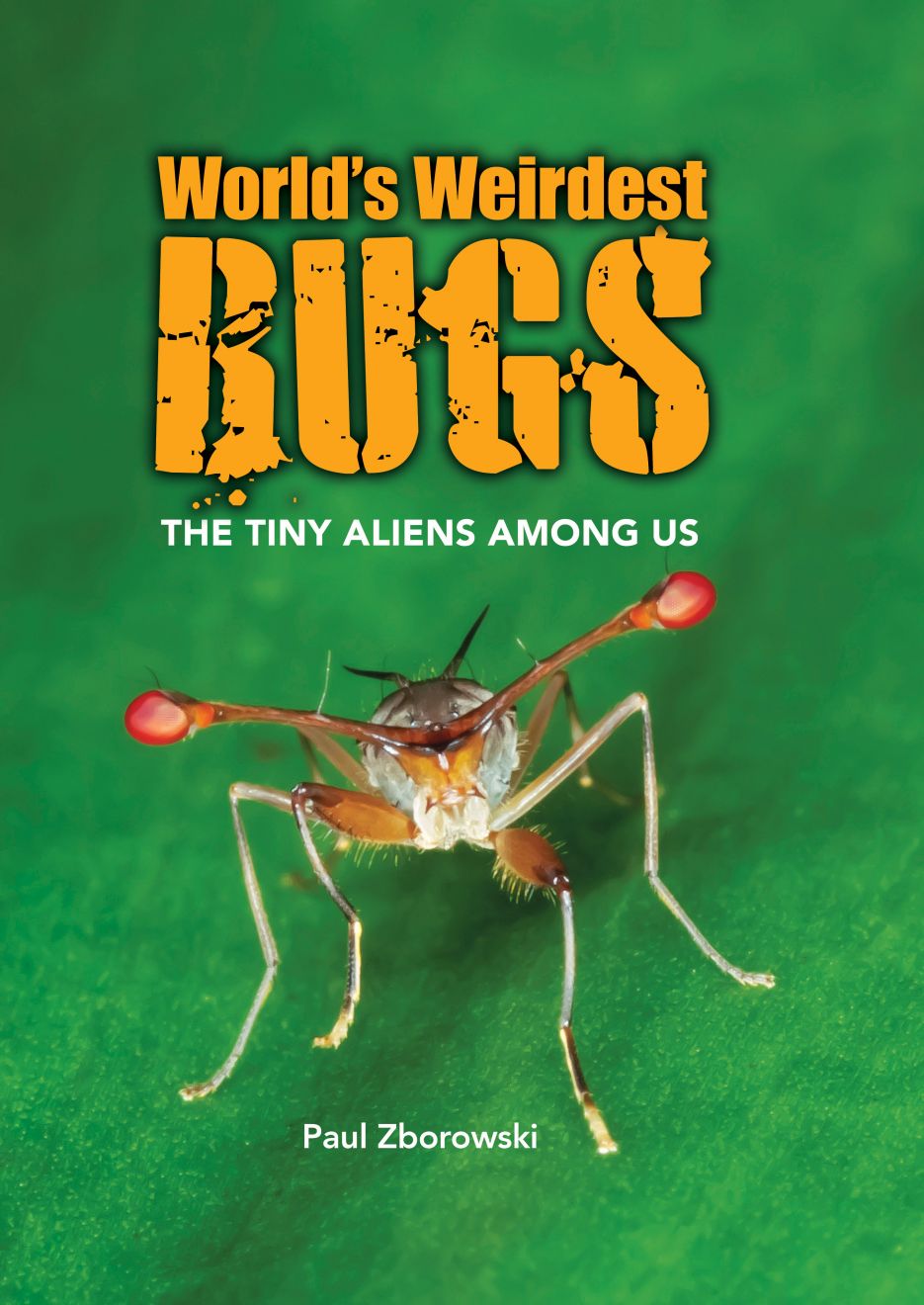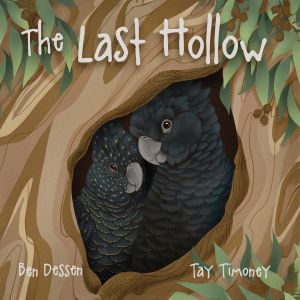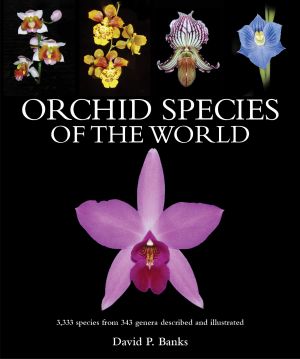World's Weirdest Bugs
| By | Paul Zborowski |
|---|---|
| Format | Hardback |
| Page Extent | 48 |
| Book Size | 8 x 223 x 286 mm (H x W x D) |
| Imprint | Young Reed |
| Release Date | 28 Feb 2018 |
| Subject Classification | Children's & young adult: general non-fiction / Nature, the natural world (Children's/YA) |
Over a million species of insects have already been named, catalogued and pictured. Theories as to how many are still to be named in collections, and discovered for the first time in the wild, vary considerably. However a figure of over 2 million is conservative. Imagine natural selection, the environmental forces acting on the survival of a species in a particular habitat, working over millions of years to adapt forms and behaviour for survival. As these changes are driven by random mutations in huge populations of a species, some of these mutations are neutral. They neither hinder nor help the species to survive. However to us observers some of these mutations can be pretty weird. The colour palette available is almost infinite, the shapes also, and why not have wild coloured eyes, or bizarre lumps, spines and duverlakies? Whatever doesn’t hurt survival can stay and develop further over time...
This book contains example stories from all over the world. The subject is endless, so the last few chapters simply touch on more weird stories for the reader to investigate further. The so-called ‘honorary mentions’, in this hall of weird fame. And no apologies for squeezing in one non-insect chapter - the spider relatives, the Opiliones, are just too quirky to ignore..
Paul Zborowski
Based in Canberra, Paul Zborowski is an entomologist and photographer who spends his time researching and illustrating invertebrates in Australia and in other locations around the world. He has a passion for presenting the macro details of nature to a wide audience and has written and illustrated 12 nature books using the resources of his image bank, www.close-up-photolibrary.com. He is a field-based scientist, spending long periods undertaking research in the field, and is also a sometimes teacher, both of science and photography.









